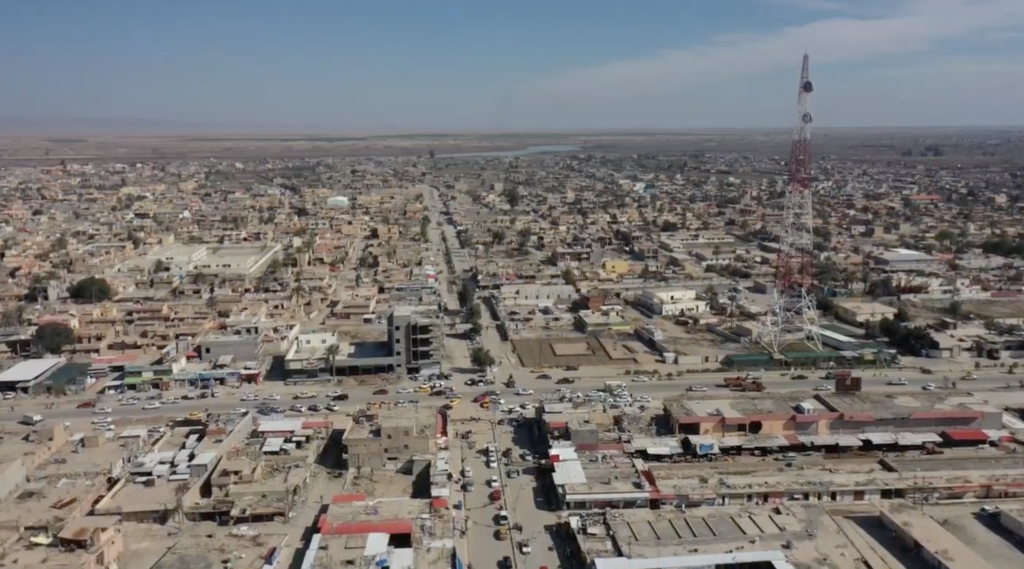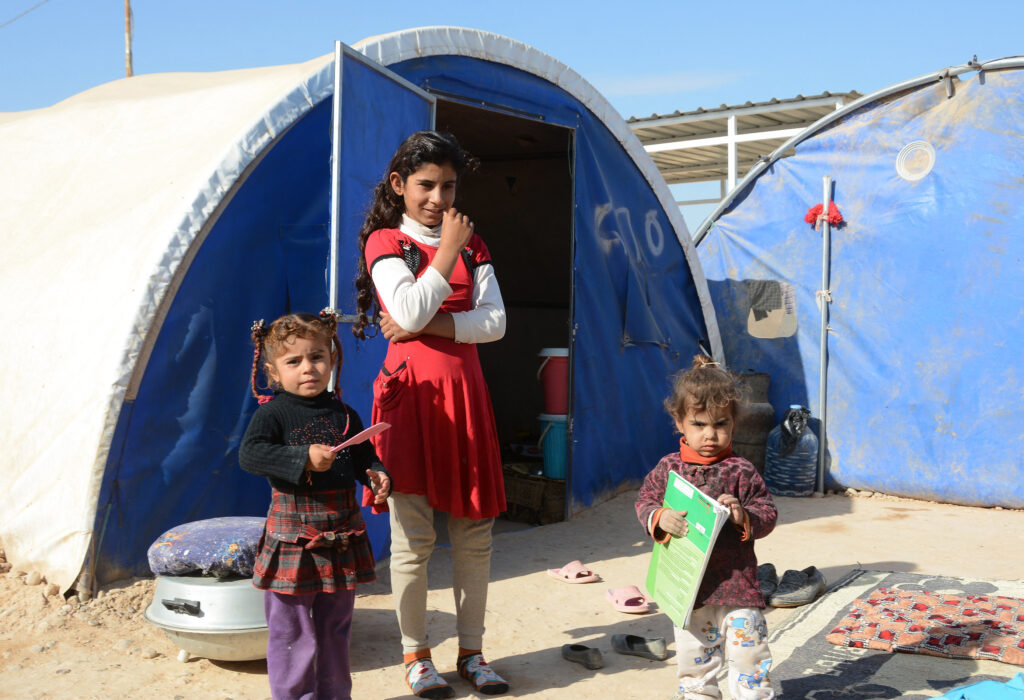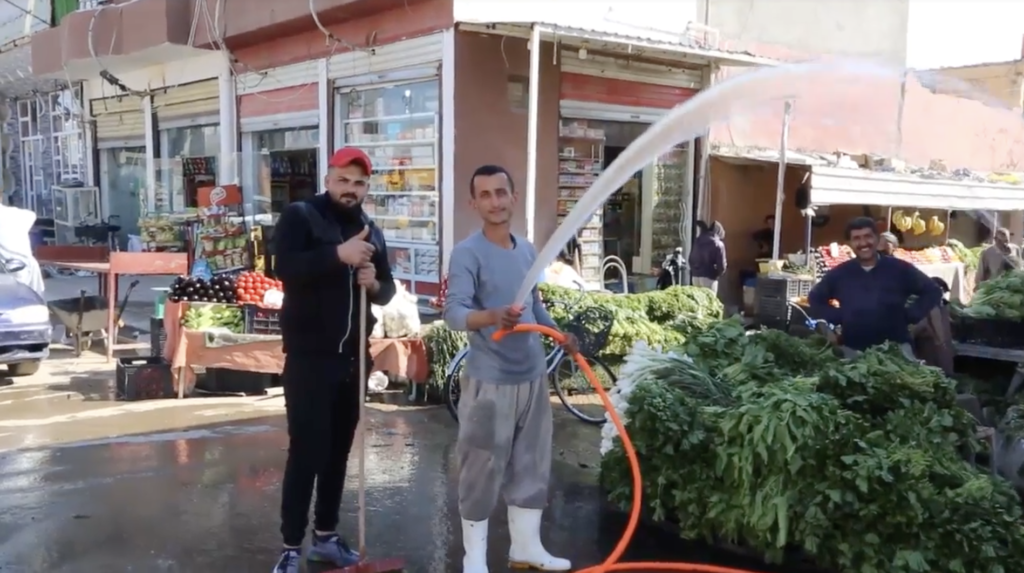As Daesh wrought death and destruction through Salah Al-Din Governorate in 2014, they tried to destroy the region’s social fabric, pit neighbour against neighbour and erode its residents’ trust in the lawful municipal authorities. Daesh’s onslaught forced hundreds of thousands to flee and live for several years as internally displaced persons (IDPs), many in dedicated but over-crowded camps. Now, four years after liberation, the Iraqi Security Forces (ISF) and their Coalition partners are hunting down the few remnants of Daesh to protect IDPs as they return home to Salah Al-Din Governate and rebuild their former communities.

In a residential street in Baiji – Salah Al-Din’s second city and home to Iraq’s largest oil refinery – many former IDPs are settling back into their homes. Neighbours discuss the ongoing reconstruction efforts, which have seen local government and international organisations re-open essential local services such as drinking water facilities, schools and hospitals. They share both their relief at returning home, as well as their concerns for the future: how will they find work or how to keep their children in education? Yet, despite the challenges, they are determined to stay put – some 95% of Baiji residents want to remain in the city for the “foreseeable future”.
Over half of the approximately 140,000 people displaced from Baiji by Daesh’s violence have now returned. Since liberating Salah Al-Din in 2017, the Government of Iraq (GoI) and ISF have worked tirelessly to facilitate the return of IDPs, undertaking thorough security vetting to reassure residents that newly-returned IDPs wish to reintegrate peacefully. The policy has seen successes, enabling GoI Minister of Immigration and Displacement, Mr Evan Faeq Jabro, to claim in December 2020 that the Ministry had closed 18 IDP camps across Iraq, including all camps in Salah Al-Din Governate.

The local authorities responsible for the returning IDPs have turned their attention to reintegration. Working out how they can begin to heal the wounds Daesh inflicted on their society. In Baiji, Daesh preyed on residents’ economic concerns, exploited their grievances about central government and tried to fuel sectarian tensions – challenges which any successful reintegration policy must address. To this end, the GoI’s Ministry of Interior founded community policing units in Baiji to act as liaisons between returnees, local authorities and security actors. Staffed mainly by Baiji locals, these units serve as an important grievance mechanism for Baiji residents, enabling them to raise concerns to the relevant authorities and improving trust in government institutions.
Reintegration focuses on building trust between residents, encouraging families and neighbours to discuss the challenges they face to restore a sense of community. Although naturally, some Baiji residents were initially mistrustful of returnees, the passage of time has meant the overwhelming majority now feel they can trust their neighbours, get along well with one another and share the same social and cultural values. This has led many to help their neighbours despite their own difficulties, pooling water or electricity to supply those homes still waiting to be reconnected to the grid or volunteering to help street cleaning initiatives.

The recent high-profile attack near Tikrit – during which Daesh killed six members of the same family they accused of being “spies” – is indicative of the challenges the ISF still faces and Daesh’s continued efforts to divide Iraqi society. However, as Yahya Rasoul, Spokesperson for the Iraqi Army’s Commander-in-Chief, said:
“High level coordination between the different security forces in Salah Al-Din is needed in order to carry out specialised and pre-emptive operations to clear these areas of terrorist cells. Hardly a day goes by without us carrying out an operation against these gangs, whether airstrikes supported by the Coalition or search operations in which we inflict painful blows on Daesh remnants”.
Going forward, the ISF are committed to preserving security in Salah Al-Din to ensure Daesh cannot undermine the progress residents have made.

